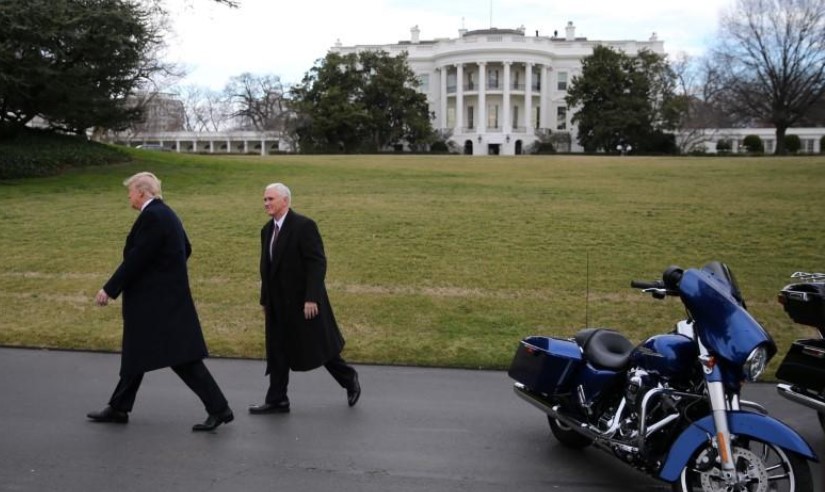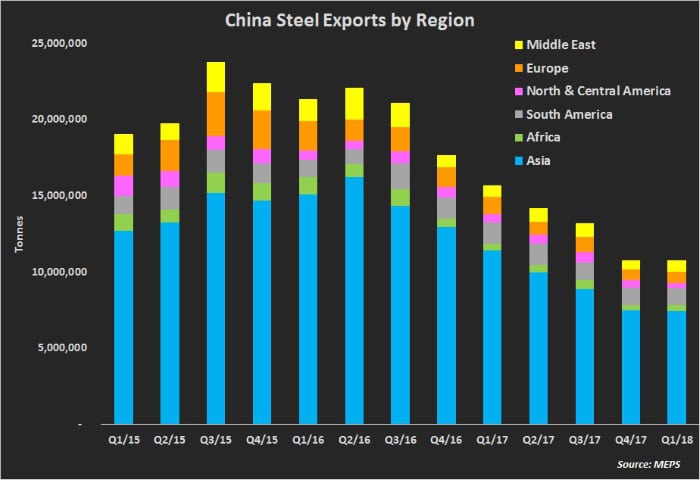
Intellectual property wars are nothing new in the electric vehicle (EV) world or even more broadly. Now such a war may be creeping into the electric air mobility industry as it scrambles to design, innovate, and protect its pioneering work. Get ready for a wave of patents that will make your head spin.
The Safran Bell eVTOL Patent Could Be The Start Of Heated IP War
Electric air mobility has many facets and many unproven concepts. There are electric air taxis, electric airplanes, ones that can turns into land vehicles, water vehicles, or both. For each vehicle, there are various questions. Does it take off like a helicopter (VTOL) or a traditional airplane? Is it a bicycle that hovers with three propellers, four, eight, or even sixteen? Are we talking about a pod with room for one, or two, or six? Is it a drone? Are the fans ducted or exposed — over, under, or integrated into the pod? Is it winged, tailed, ruddered, etc.? Are the propellers fully tilting, all, or some, exposed, tucked? And if these categorizations seem complicated, add the multitude of various configurations. Also, consider the specific propulsion systems.
The latest patent from Safran, a French aerospace company involved with everything from jet engines to electric VTOL (eVOTL) aircraft, shows where the industry is heading. The US patent application for an eVTOL platform suggests an air taxi that it expects to fly in 2020 with a hybrid system. This reminds me of the 2007 to 2010 years, when carmakers patented every hybrid platform they were developing, even Ferrari.
Safran uses a modular platform based on a Y-shaped fuselage supporting an aft fan and a dihedral wing (upward angle), with the aft fan between the twin tail booms. This design allows for a four-seat air taxi cabin Bell uses as a demonstration aircraft.
Safran uses a series-hybrid platform with an internal combustion engine (ICE) acting as its auxiliary power unit (APU). The platform can use a gas-turbine APU driving a hydraulic pump to power hydraulic motors or a hybrid alternative with a turbine-to-generator system powering the hydraulic pump for electricity. We are clearly at the beginning of eVTOL and e-plane design, so IP development is going to reflect this.
How Much Energy Is Needed For An eVTOL?
Although a blanket answer is difficult, since eVTOLs come in different shapes, the sweet spot is reportedly around 0.5 to 1 MW of power for a short city-to-city 100 seat electric aircraft, something that bigger commercial airliners produce today. In this case, Safran uses a turbine APU rated at 180-shp that can generate 100 kVA to power 60 HP electric motors.
The Safran eVTOL ducts tilt horizontally and generate vertical thrust through various pitch and rotational speed on the fore fans to control rolls in VTOL mode. The propellers rotate in opposing directions to effect roll and pitch with its dual contra-rotating aft fan rotor and counter torque from the fore rotor.
Safran says there is no need for traditional helicopter-like rotor cyclic-pitch control according to the patent application. The following video will explain rotor cyclic-pitch for those of us visual learners.
The ducts tilt vertically for forward thrust in flight mode when rudders on the tails and ailerons rudders control the flight dynamics with speeds north of 150 kt. (173 mph). The eVTOL aircraft is about the same size as a conventional light helicopter.
Safran says its exposed propellers avoid hazards to passengers from ground debris in vertical flight. I would like to see wind tunnel tests to visualize the effect of the design.
And no need for messy cables. When the aircraft touches down, it will recharge wirelessly as soon as it senses weight on the wheels, which makes for a fully automated system.
How Does This Fit In The Whole Air Taxi Picture?
As we previously reported, Safran is working with Bell and is part of the Uber Elevate project. Uber expects demonstrations of its urban electric air taxis in Dallas and Los Angeles in 2020, with commercial operation plans for 2023. Safran and Bell feel they can meet the demands of civilian and military electric air mobility with its highly modular architecture.
The first milestone is to reach electric aircraft configurations with a cabin for up to six passengers, with one or two pilots. And the aim is for it to be either manned or automated. The configurations would be a hybrid electric or hybrid hydraulic propulsion system.
Here are a few other eVOTL designs to stroll through as you think about all of these topics:









